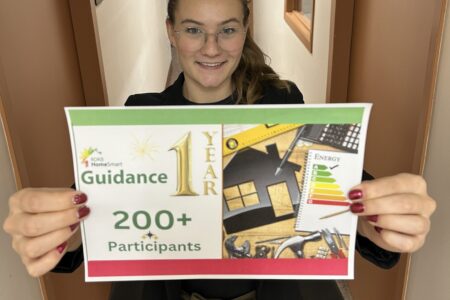River Talk — Water still has enormous value
Eileen Delehanty Pearkes has been researching and writing about the history and politics of water in the upper Columbia Basin since 2005.
Her book on the Columbia River Treaty, A River Captured, is forthcoming in 2016. Recently, her travelling exhibit on the Columbia River Treaty, curated for Touchstones Nelson, won a national award from the Canadian Museum Association.
Pearkes has agreed to help The Nelson Daily readers understand the importance of the Columbia River Treaty to the region with another edition of River Talk.
Today Pearkes writes about the importance of, what else, water and the importance of the trans-boundary understanding of the bi-national treaty.
River Talk has recently explored the advantages of Canadian water storage on the Columbia and Kootenay systems to those living in Washington State. More and more, an understanding of how the upper Columbia basin’s hydro-system works is spreading south.
Recently, the major Spokane Daily newspaper published an article about the flooding of the Arrow Lakes Valley in Canada, focusing on the story of the Spicer family, who lost their productive and successful vegetable farm when the completion of one of the CRT dams flooded out over 2,000 residents and permanently altered ecosystem function for fish and wildlife.
The land and cultural losses associated with the CRT are not a new story above the boundary in the upper basin.
Few Americans, however, understand the full effects of the water storage that facilitates salmon passage, hydro-electricity and flood control on the lower portions of the 2000 kilometer-long river.
The Spokesman Review’s story is an important step in increasing trans-boundary understanding of the bi-national treaty.
Neither the U.S. nor Canada have yet signaled officially an interest in re-negotiating the treaty. Hydro-power provisions of the agreement have no expiration date; only the end of flood control as the CRT dictates will expire, in 2024, whether or not the countries decide to make other changes.
It’s a different world in so many ways from the time when the CRT was signed. Back then, few people gave much thought to the devastating ecological impact of transforming rivers into storage reservoirs. No one thought much about the value of local food production, supported by farms like the Spicer family’s.
And, in a shift that no treaty author could have possibly foreseen, the abundant flow of snow and rain that marked the Canadian portion of the upper basin as a source for “dangerous” spring floods has begun to ebb.
This year’s drought across the Columbia Basin, most especially in central Washington, is turning the CRT-stored water from winter snow and spring rain into a long, welcoming drink for the thirsty American portion of the river.
One thing hasn’t changed in the 50 years since the treaty was ratified by Canada: water still has enormous value.
The question is, how much?
Back in the years of national controversy between Canada’s signing and ratification (1961-64), a local engineer based in Trail, B.C. advocated for values he called “intangible.”
Richard Deane, who worked for Cominco, today known as Teck, had grown up in the region and well understood the upper Columbia and Kootenay Rivers and lakes as places, not just water sources.
Deane believed that water and landscape was lived in, too. He could see that the CRT was shrinking the local value of rivers and ecosystems until it became but a speck on the map. Who really cared about the people who lived here, when the whole thing was set off against the big dollars saved and earned with Columbia River management?
It is, indeed a different world now, one in which ordinary people can communicate much more fluidly across political boundaries. May the conversation continue between U.S. and Canadian residents of the great Columbia Basin as all of us who live in this Pacific Northwest region begin to ask ourselves about the true value of water in an era of climate change.























Comments